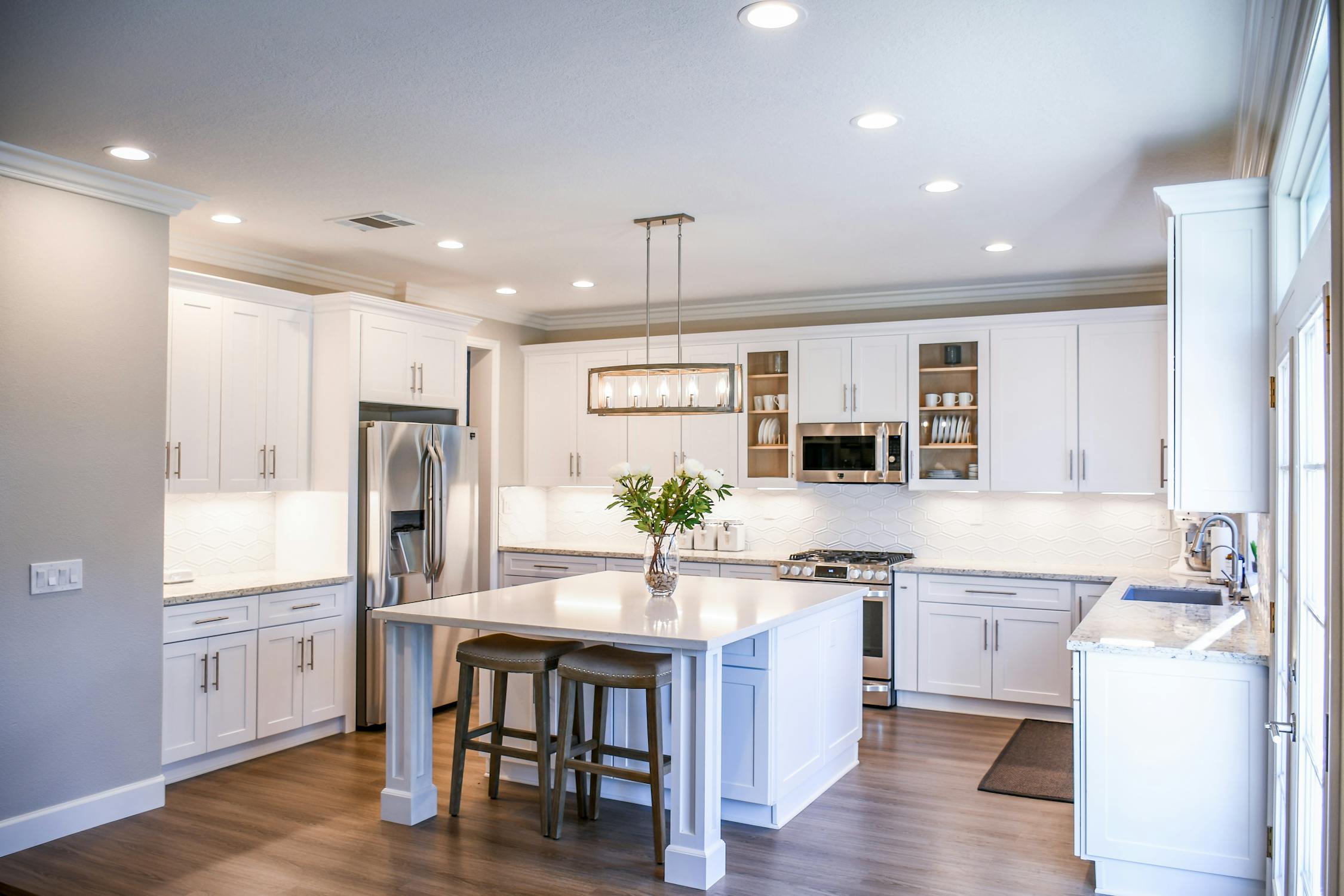As your real estate agents, one of the most important roles we play is helping you set the right price for your home. In British Columbia’s dynamic market, pricing isn’t as simple as looking at what your neighbour’s home sold for and tacking on a little extra. Whether you’re listing in Vancouver, Victoria, Kelowna, or a smaller community, it takes a strategic approach—grounded in local expertise, current market data, and the unique qualities of your property.
Price too high, and your listing could sit on the market and grow stale. Price too low, and you might leave money on the table. Our job is to help you find that pricing sweet spot that generates interest, attracts serious buyers, and leads to a strong sale.
Here’s how we evaluate your home’s market value and what we’ll consider when determining the right list price.
1. Location, Location, Location
In real estate, location is king. In Kelowna, a home in the sought-after Lower Mission or waterfront areas will typically command a significantly higher price than a similar property in outlying neighbourhoods like Rutland or Ellison—even if the homes are nearly identical in size and features.
Things that add value to a location:
- Walkability and transit access
- School catchment areas
- Low crime rates
- Nearby amenities and lifestyle options like community centers, parks, or stores
- Proximity to nature
2. Comparable Sales (Comps)
One of the first things we do when helping you price your home is review recent sales of similar properties in your area—what we call “comparables” or “comps.” These aren’t just rough estimates; they’re real data that shows what buyers have actually been willing to pay for homes like yours, under current market conditions.
Important comparison points include:
- Square footage
- Lot size
- Age and condition of the home/condo
- Style and layout (e.g. four-level split vs. two-storey)
- Renovations and upgrades
- Materials used in home (e.g. vinyl vs. melta siding)
Even small differences—like being on a quieter street or having a view—can have a real impact on value. Our job is to interpret that data accurately, compare it to your property, and use it to guide a pricing strategy that reflects your home’s true market potential.
3. Current Market Conditions
B.C.’s real estate market is constantly evolving, and one of our key responsibilities as your agents is to stay on top of those shifts. Market conditions play a big role in how we price your home—and how quickly we can expect it to sell.
In a seller’s market, where there are more buyers than available homes, prices often rise and listings tend to move quickly. In a buyer’s market, where inventory is higher, buyers have more negotiating power, and pricing becomes more competitive.
When advising you on pricing strategy, we closely monitor factors like:
- Inventory levels (how many similar homes, or comps, are for sale)
- Average days on market
- Sale-to-list price ratios
- Interest rates and seasonal trends
By aligning your list price with the current market climate, we position your home to attract qualified buyers and generate strong interest right from the start.
4. Condition and Presentation
Buyers notice the condition of your home immediately—and it plays a big role in how they perceive its value. Homes that are clean, well-maintained, and move-in ready almost always command stronger offers. That’s why we work with our sellers to ensure their property makes the best possible first impression, both in person and online.
Some of the features that can increase your home’s value include:
- Updated kitchens and bathrooms
- A new or well-maintained roof and HVAC system
- Fresh paint, flooring, and tidy landscaping
- Energy-efficient upgrades like windows or appliances
On top of that, we’ll guide you through staging with tasteful furniture, arrange for professional photography, and develop a thoughtful marketing plan to showcase your home in the best light. These finishing touches can have a major impact on buyer interest—and help support a higher list price.
5. Size and Layout
The size of your home matters, but layout plays an equally important role. Two homes with the same square footage can be valued differently depending on how usable the space is.
These considerations can include:
- Number of bedrooms and bathrooms
- Finished basements or income-generating suites
- Garage and storage space
- Outdoor areas like patios, decks, or gardens
- Natural light and window placement
Efficient use of space—homes with fewer awkward corners, long hallways, or wasted nooks tend to show and sell better
In B.C., income-generating features like legal secondary suites can significantly increase a home’s value.
6. Unique Features and Upgrades
Special features can set your home apart—but their impact on value depends on buyer demand and how common those features are in your area.
Examples of valuable upgrades:
- Smart home technology
- Custom cabinetry or millwork
- High-end appliances or finishes
- Views (mountain, ocean, city)
- Solar panels or other energy-efficient upgrades
While not all upgrades offer a full return on investment, many help boost your home’s marketability and perceived value.
7. External Factors
Sometimes, the value of a home is influenced by forces outside your control. Local development plans, changes in zoning, upcoming infrastructure projects, or even shifting interest rates can all impact pricing.
Additionally, provincial and federal policy—like mortgage rules or taxes—can influence buyer behaviour and overall demand.
In Summary
Pricing your home accurately is both an art and a science—and it’s one of the most important parts of a successful sale. In B.C.’s fast-moving and diverse real estate market, it's not just about numbers; it's about strategy. As your agents, we’ll combine market data with local insight and a deep understanding of your home’s unique features to set a price that attracts serious buyers and positions you for the best possible result.

